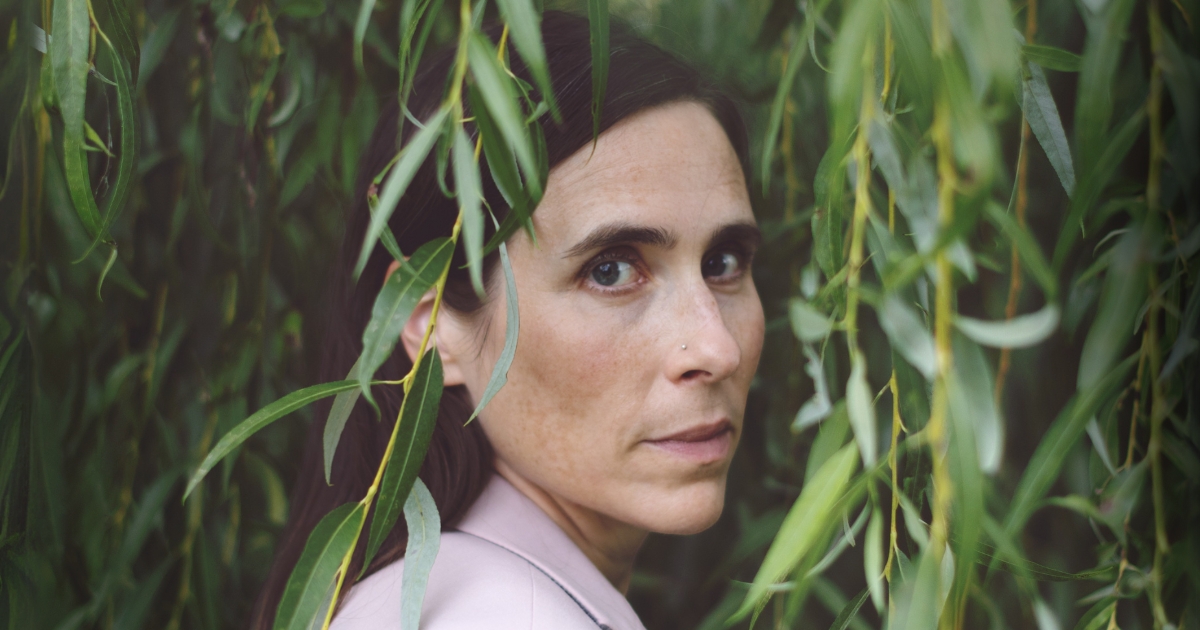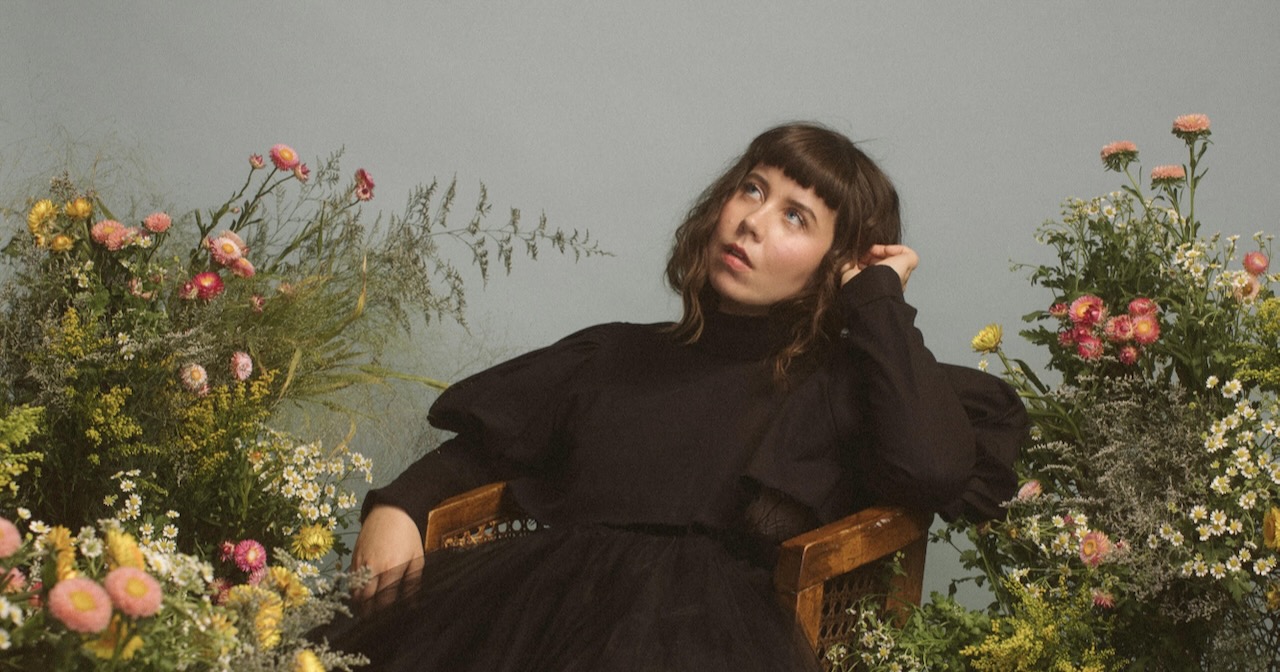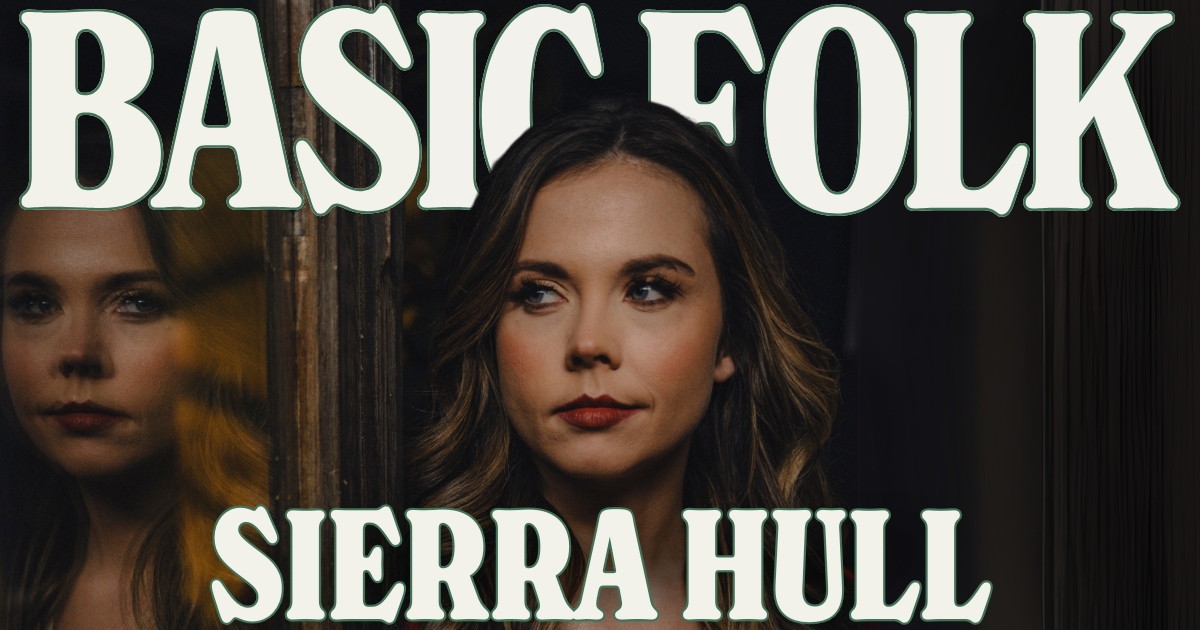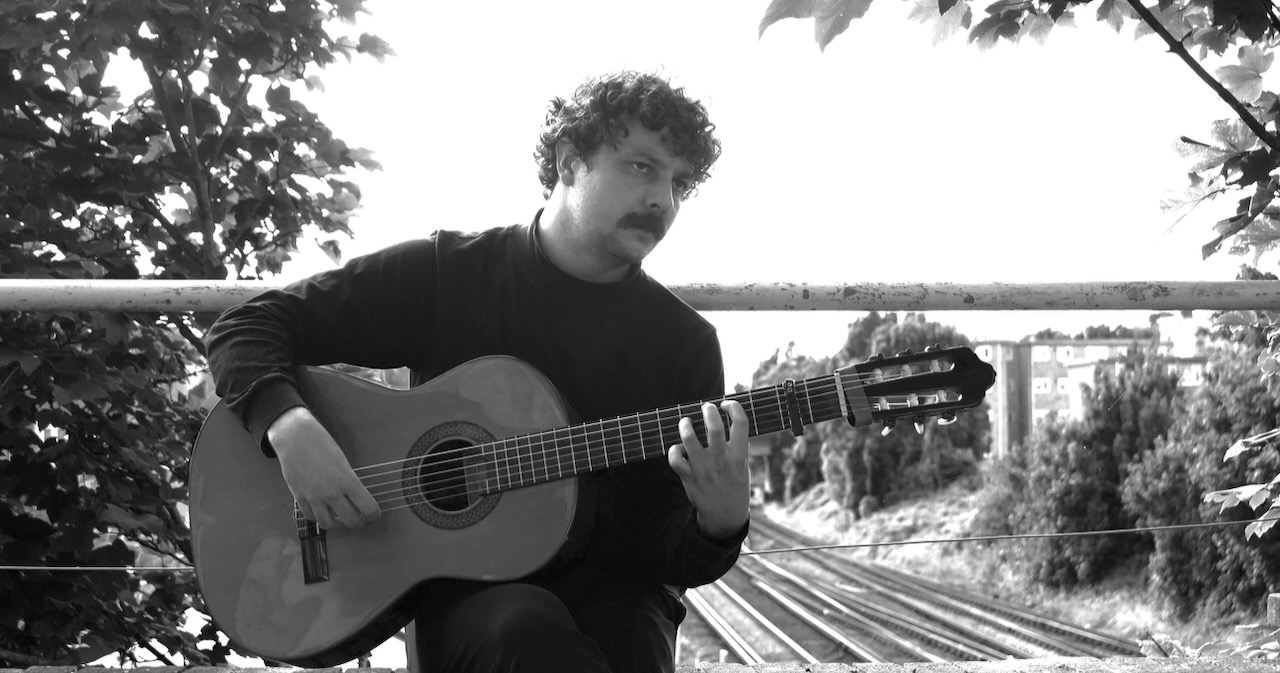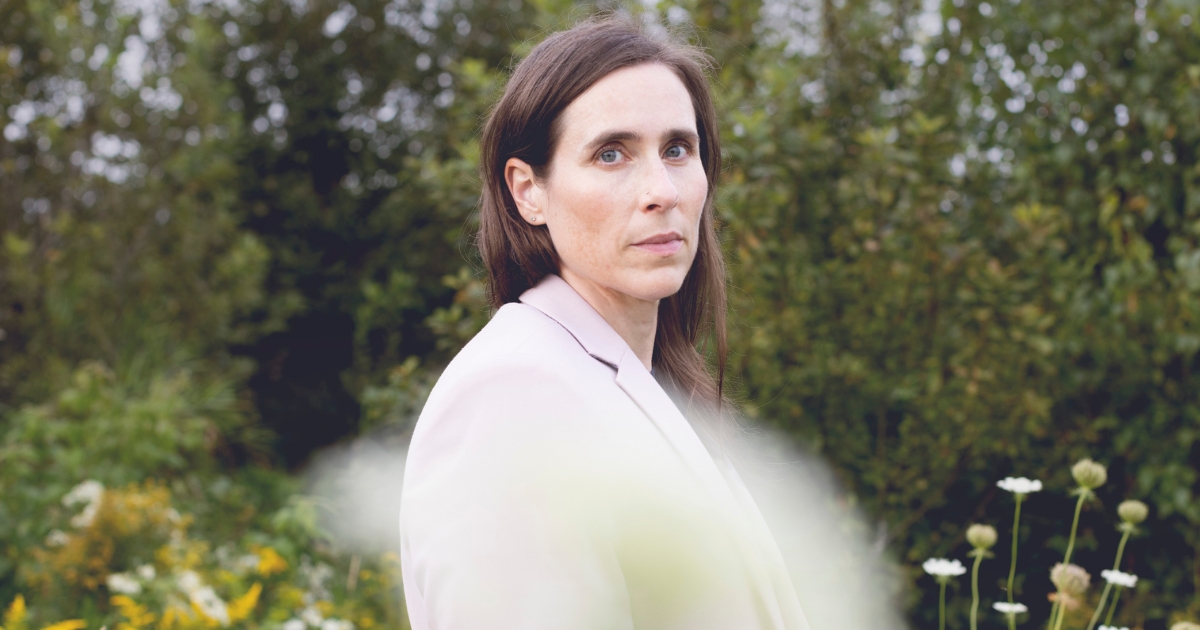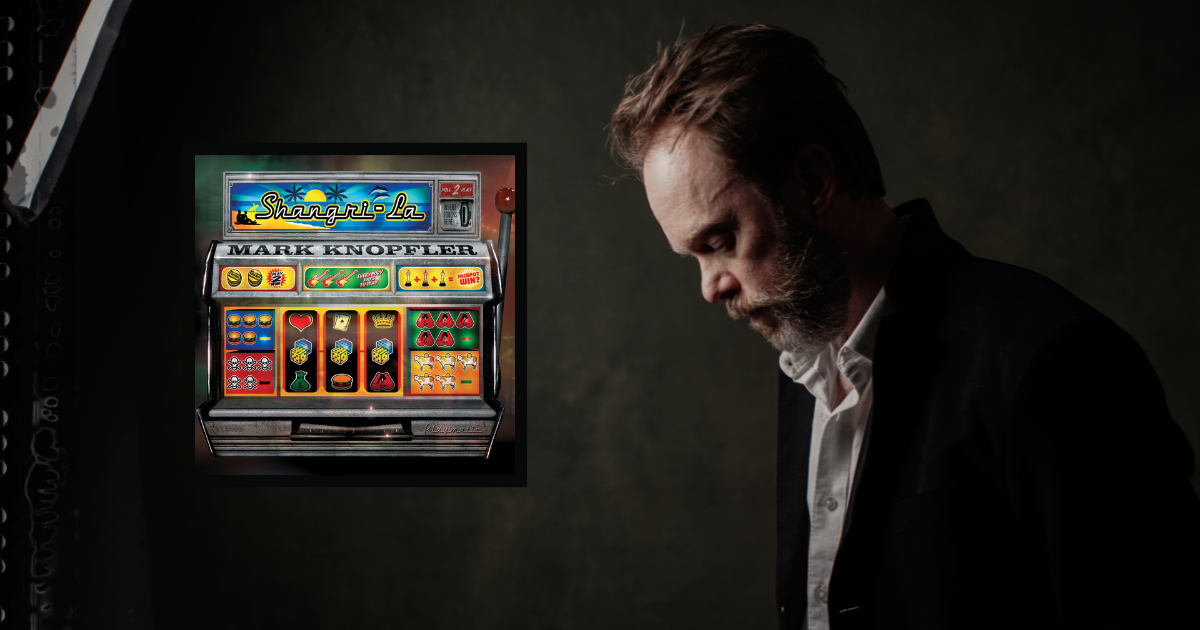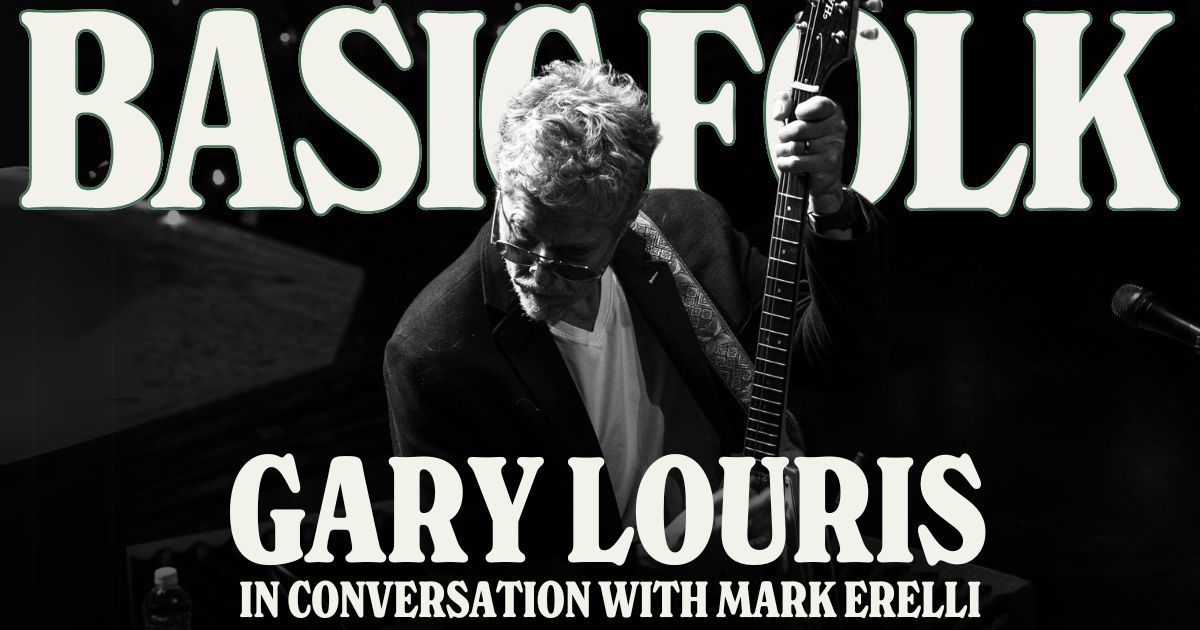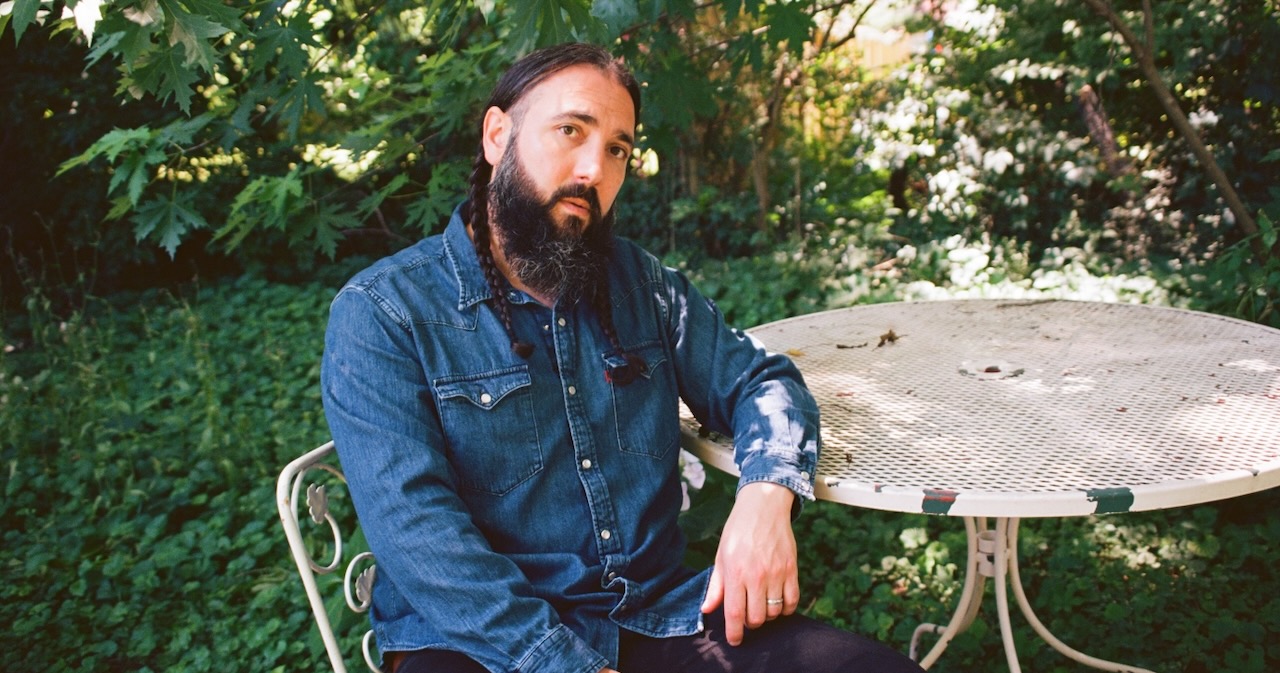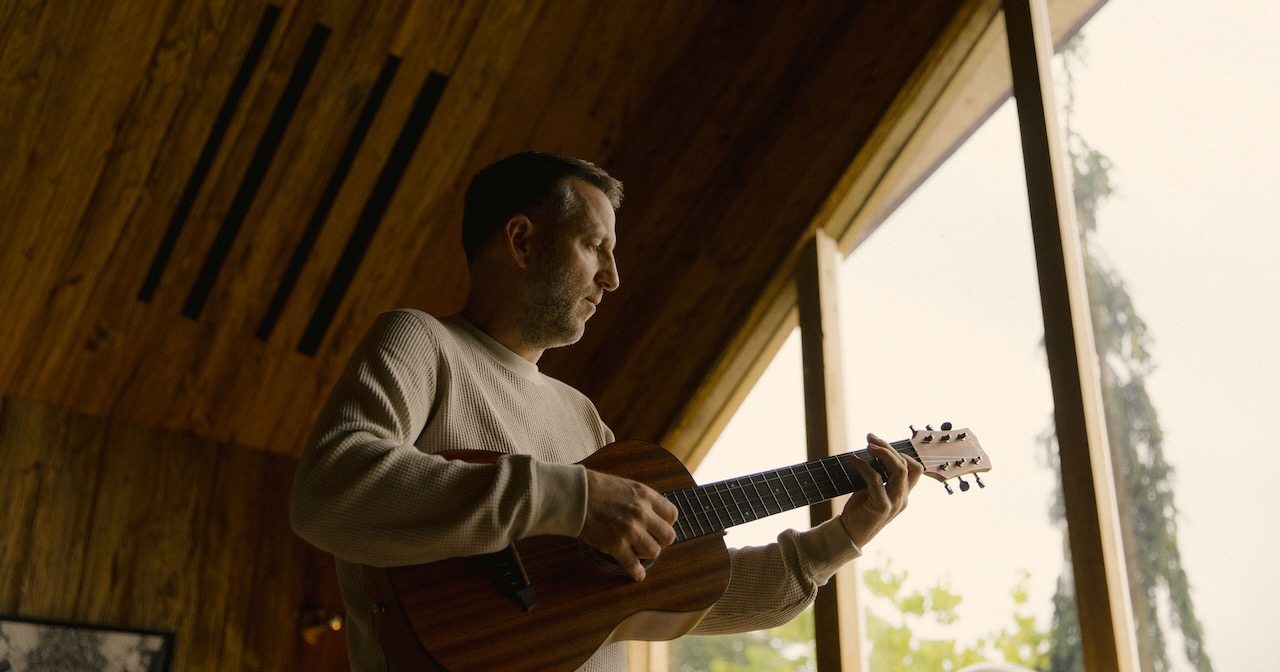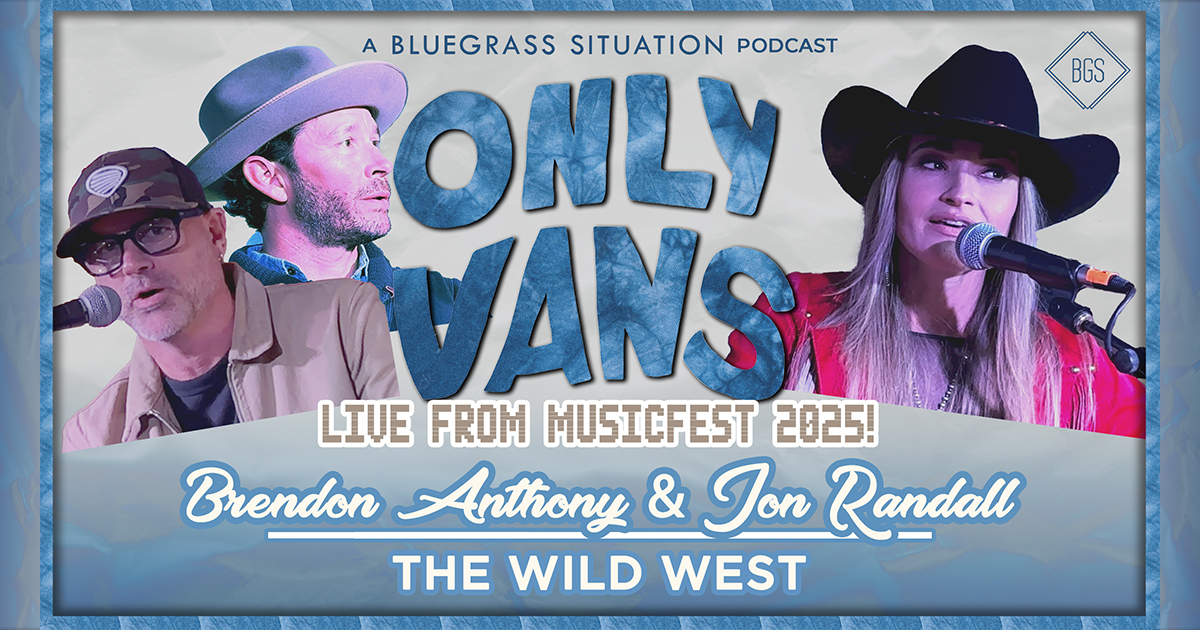One day, as a favor for a friend who was building a recording studio, Rose Cousins wandered through a piano showroom. She had no intention of buying anything for herself, but then she came upon a 1967 Baldwin baby grand. She asked the salesperson about it and was told it already had a buyer. She asked to put her name on a waiting list, though, just in case.
“A few days later,” she said in our recent Zoom interview for BGS, “they called me and said, ‘It’s become available.’ So then I went [back to the store] … and they pulled it into a room so I could play it. I spent a couple of hours with it and then freaked out over the next month. And then ended up buying it as my first real piano.”
Piano had been an early acquaintance for Cousins, when she was first finding her voice as a musician. Growing up on a Prince Edward Island farm, the second of five children in a tight-knit family, Cousins was both poet and athlete. The piano was an early friend to her empathic insides as she began to find her voice amid the bustle of a busy household.
More than twenty years and nine releases into her JUNO Award-winning career, Cousins has long since migrated to Canada’s mainland. Based in Halifax, Nova Scotia, she is one of her country’s finest contributors to her generation of singer-songwriters. Across her career, she has mostly recorded her own songs, often on guitar, but the piano has been a constant presence, both in the studio and her live performances. She has turned to it for pulling the feelings forward in cover songs like Gordon Lightfoot’s “If You Could Read My Mind” and Whitney Houston’s “I Wanna Dance with Somebody.” She has relied on it for original songs that are especially emotionally demanding, such as the devastating “Go First” from 2012’s We Have Made a Spark and “Grace” and “Like Trees” from GRAMMY-nominated Natural Conclusion (2017).
Now, Cousins has reached her tenth release, Conditions of Love – Vol. 1. For it, she has laid her Martin acoustic guitar to the side. From the album’s opening instrumental overture, “To Be Born,” to its final rumination, “How Is This (the last time),” we hear Cousins playing that beautiful old Baldwin. Taken in its entirety, Conditions is a collection of songs that is even more deeply vulnerable than usual, with good reason.
“The sensation of playing a full, real piano of my own and having it in my space,” she says, “it’s kind of like a zone I go into. It’s a very intimate relationship.”
These are strong words coming from an artist who has sold T-shirts at her shows that read “Feelings Welcome” and “Rose Cousins Made Me Cry.” That there might be some deeper well of emotion available to her than she has been willing or able to access on previous projects, might make some listeners nervous. But there is no need for a wellness warning on Conditions of Love – Vol. 1.
Once the listener is “Born” into this album, the first song with lyrics is called “Forget Me Not.” It’s delivered in list form, an ode on spring and, perhaps, a nod toward rebirth.
In 2020, Cousins says, the pandemic lockdown saw her moving neighborhoods. “I got a dog, and that meant I was walking outside multiple times a day. I was walking through, particularly, the spring and summer.” Free of the administrative tasks that pile up when she’s planning for another show or tour, she adds, “It’s like my peripheral vision widened and my top vision heightened and my noticing was so much sharper. I was just noticing things blooming – and when they were blooming. It seems ridiculous, because I’ve lived many, many springs, but I actually haven’t experienced spring in the same place multiple times in many, many years. And here I was experiencing it. … It really was this, like, holy shit [moment]. Like oh, snowdrops are the first thing you see. You see them come up and there’s still snow on the ground.”
For an artist – a poet – who had grown up on an island roaming the woods and the beach and playing outside with her siblings, this return to the city oddly necessitated a return to nature. As the rest of us watched YouTube videos of mountain goats and bears roaming urban neighborhoods the world over quiet from COVID lockdowns, Cousins was developing a kinship with those wild things reclaiming their natural environment, even if just for a moment.
“Sweet fern and knapweed,” she sings. “Lavender and rosemary.”
Perhaps an accident, perhaps a nod to the album’s theme, the flowering plants come in pairs. There is some kind of partnership between, say, the “buttercup and poppy,” though it would take a gardening expertise beyond this writer’s own to specify why. And yet, the casual observer, rekindling a relationship with the earth, can sense it.
“Forget Me Not” shifts when Cousins begins listing trees. “Dogwood and gingko,” she sings as the lyrics evolve into sentences. “The poplar leaves clap as the wind blows.” Nature is spreading its roots and branches. There is more space for more observations, more developed ideas, more potential.
The blossoms open. The bees arrive. The eye draws upward.
By the end of the song, Cousins is simply imploring, “Don’t forget me,” but there is a sense that she is not speaking to a lover or even a friend. This is a dialogue with the earth, with the seasons and sky. She is speaking for and to them as much as she is speaking for and to herself.
“Dogwood was one of the trees that I absolutely fell in love with,” Cousins continues. “I planted one on my property two falls ago. The fall dogwood. I just couldn’t even believe how beautiful it is. … I probably would have seen the dogwood before, but didn’t know that it was called dogwood, you know. I didn’t have a relationship with that tree.” But now she does.
Perhaps one condition of love is first knowing what it is.
Here is where the idea of love’s conditions immediately turns. After all, love is one of the most commented upon musical subjects. Contemporary music typically focuses on the romantic sort – particularly brand-new or just ending. But that is not all Rose Cousins is here for. (The album is not called Conditions of Romantic Love.)
From the first set of lyrics on this album, we are handed an implicit definition of love: It is small and big. It is colorful and everywhere. It is where you may not expect it. It is of the self and of the earth. It emerges at the right time. It withers and hibernates and invisibly readies rebirth.
Perhaps love is always – even when it is not. Yet it can feel so elusive, so impossible to pin down. “Love makes us insane,” Cousins says, while discussing the album’s third track and its first single, “I Believe in Love (and it’s very hard).”
“We’re kind of told that we want it. We kind of do want it. We get into it. We struggle with it. It’s ridiculous. … And it’s like, ‘I want to have this. I’m doing my best out here to try and have this love thing.’ … But then [there’s] the choice between being in a relationship with somebody and working through all the ridiculousness – or being wild and free.”
Which brings us back to the mountain goats and bears wandering cities during lockdown. Back to Cousins walking her dog, noticing flowers and trees. Reacquainting with oneself is part of love, whether it comes in the throes of a long connection with another human, or after such a relationship has come to an end.
Indeed, this juxtaposition between endurance and ending is among the running themes on Conditions. In reality, love does not have a beginning, middle, and end. It is not a story we tell as much as it is an ongoing pursuit of life itself. “There [is] a cycle to every relationship where you come in close, and then you move back, [and then] you come in close,” Cousins says.
“Denouement” is another sort of list song. “Dissonance,” she sings in its final verse. “Elephants. Vigilance. Grand defense.” And as she lists these rhyming words, the inclusion of “Elephants” feels so ridiculous. She is recounting a lovers’ spat, which ends with “dinner mints” as her protagonists presumably leave the restaurant together.
All kinds of love relationships can turn on what we tend to call “elephants in the room.” There are the things we decide to not bring up over dinner – with our families or our lovers or our friends. The times we hurt one another, the grief and fear, the secrets between us. The willingness to hold these things, to let the elephants stand as we take our dinner mints and move on, that gives love room to persist.
“There’s this movie I watched on an airplane on my way back from Calgary in 2023,” Cousins recalls. “It’s just this small Canadian independent film called Wildhood. … There [were] a couple characters who come from tough homes. One of them says, ‘Love has conditions, I guess.’ … And I was like, fuck, it’s exactly that. Does it ever, you know?”
Cousins is careful to clarify that she doesn’t understand her album’s theme as merely a push-and-pull between conditional and unconditional love.
“Conditions, in all of the definitions of ‘conditions,’” she says. “It’s like – what is the weather in this relationship today? What are the guises under which I’m going to be loved and that I belong, or that I will be accepted, or, you know, that I can be vulnerable? There’s no one [condition]. There’s just so many.”
While many of the songs are clearly circling around an understanding of romantic love, there is also the love that exists within a family of origin. Love that is perpetual and yet can feel as though it rests on one or more people behaving a certain way. This love can feel more like a barrier than a connection. Like reaching toward a wall, unable to even see whether the person on the other side is reaching too.
The places where this image resonates most – “That’s How Long (I’ve waited for your love),” “Wolf and Man,” “Borrowed Light” – come in the second half of the disc. If we are to take Conditions as a birth-to-death exploration of love, these are the songs that come with middle age. When we have the same amount of time behind us as we do in front. When we begin to wrestle with familiality and community and our own identity in relation to both. The balance of love between self and others.
“I am borrowing light from the moon, who is borrowing light from the sun,” she sings in the album’s penultimate track.
Perhaps another condition of love is connection and disconnection, the way we use each other, the choice to depend upon another body.
“As we age,” she adds, “if you choose it, there’s a lot of facing oneself that can be really fruitful and deeply painful. And I think that the pandemic did that for me. As glorious as it was to have the ‘Forget Me Not’ experience of … [a] revisited relationship with nature. It also was really arresting in the way that it was holding up a bunch of mirrors.
“Like, where are all these mirrors coming from? I was able to kind of ignore [them before], or didn’t know that they were there, that I needed to look into them, because I was just so busy with work and motion and the next thing. So, as painful as that was, it was a rich ground for growth. And growth is most often painful. I definitely learned a lot about myself during the last four years.”
Cousins pauses before continuing: “I don’t really know how to talk about this.”
Fair enough. The music she’s created, as usual, speaks plenty.
Photo Credit: Lindsay Duncan
